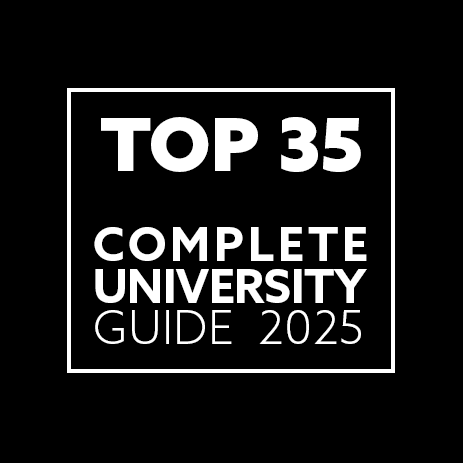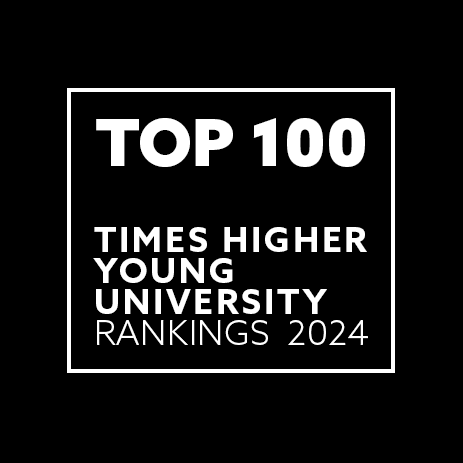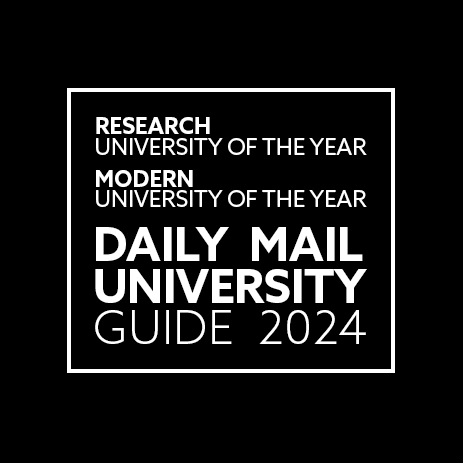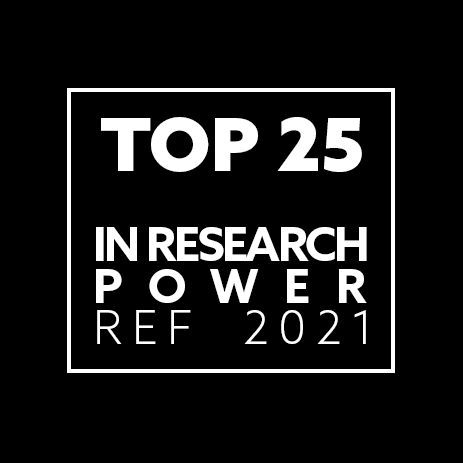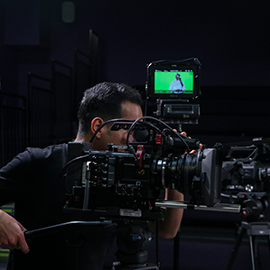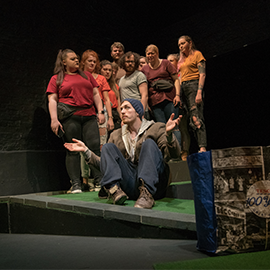Whether you want
to be behind the camera or its focus,
writing the script or bringing it to life - find your place among
the action.
Would you like to develop the practical, intellectual
and creative skills required to become critical and reflective arts
practitioner?
Acting as a gateway to degree-level study, the Film, Media,
Theatre and Performance Foundation Year course allows you to study a broad
range of creative arts disciplines across all aspects of film, media and
theatre.
You will work practically and intellectually to acquire key
transferable skills such as effective communication, teamwork, time and project
management, research and digital literacy, all of which can prove vital to
achieving at university and gaining employment after graduation.
But more than this, you will learn from leading academics to
develop the practical and theoretical grounding needed to become a future
cultural industries leader, with particular focus on Film, Media and
Performance. The degree is dynamic, interdisciplinary, and addresses real world
challenges, ensuring you will have the best possible foundation for future
study and continued success.
Why choose Northumbria to study Film, Media, Theatre and Performance?
Research Powerhouse: Art and Design at Northumbria is ranked 4th in the
UK for research power (REF, 2021). This is a rise of 6 places compared to 2014.
Experts in the Field: You will be taught by a team of world-leading
artists and academics who will equip you with the skills needed to successfully
take your learning to the next level.
Industry Connections: Northumbria recently teamed up with the British Film Institute to provide live-brief and projects for students. We also have
connections with performance venues, such as Northern Stage and Alphabetti Theatre.
What is the learning experience like on this course?
This course is delivered through a mix of classroom and studio-based learning, with engagement with the cultural centres in the region available to further enhance your learning.
You will be encouraged to think independently, understand, and justify your own opinions, and will recognise the need to challenge your thinking, and the thinking of others.
 Option for Placement Year
Option for Placement Year Option for Study Abroad
Option for Study Abroad

